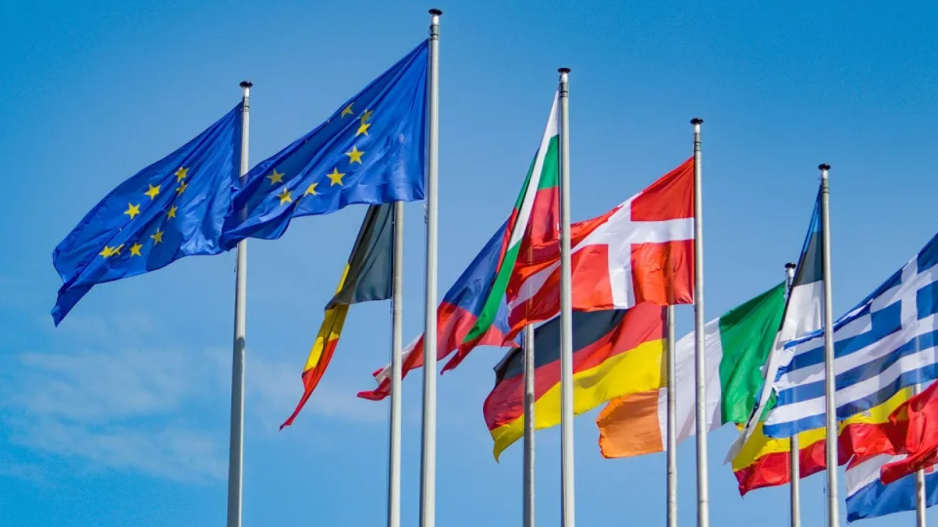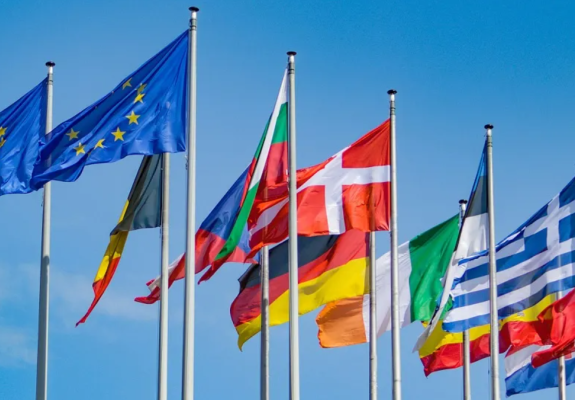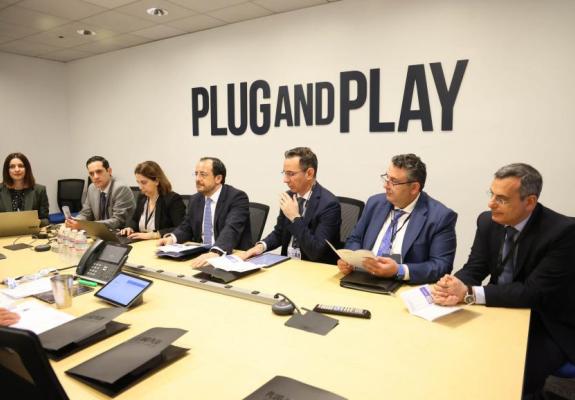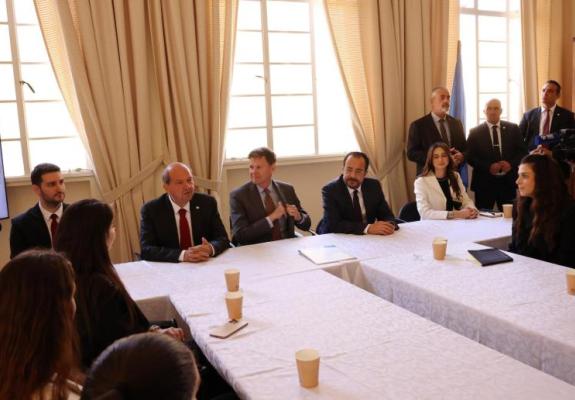The EU’s Ambitious €500 Million Plan to Attract Global Researchers
Von der Leyen and Macron Position Europe as a Scientific Haven with Funding, Freedoms, and Infrastructure
The European Union has launched a major initiative to position itself as a global haven for scientific research, announcing a €500 million investment package aimed at attracting international researchers—particularly those affected by budget cuts and political restrictions in the United States.
The announcement was made during the “Choose Europe for Science” summit at the Sorbonne in Paris, co-hosted by European Commission President Ursula von der Leyen and French President Emmanuel Macron.
Von der Leyen warned of growing political efforts to undermine open, fundamental research, calling it a “colossal miscalculation” to weaken scientific freedom. “Science is under threat,” she stated. “Science has no passport, gender, nationality, or political party.” She stressed that Europe must become a destination for the “brightest minds.”
The €500 million funding package, covering 2025–2027, includes high-level research grants, streamlined visa and entry processes, and improved infrastructure. The plan also features a seven-year “super grant” program and a doubling of top-up stipends for scientific fellowships by 2027.
Von der Leyen further announced forthcoming legislation that will embed academic freedom into EU law via a new legal framework for the European Research Area. She urged EU member states to commit 3% of GDP to research and innovation by 2030.
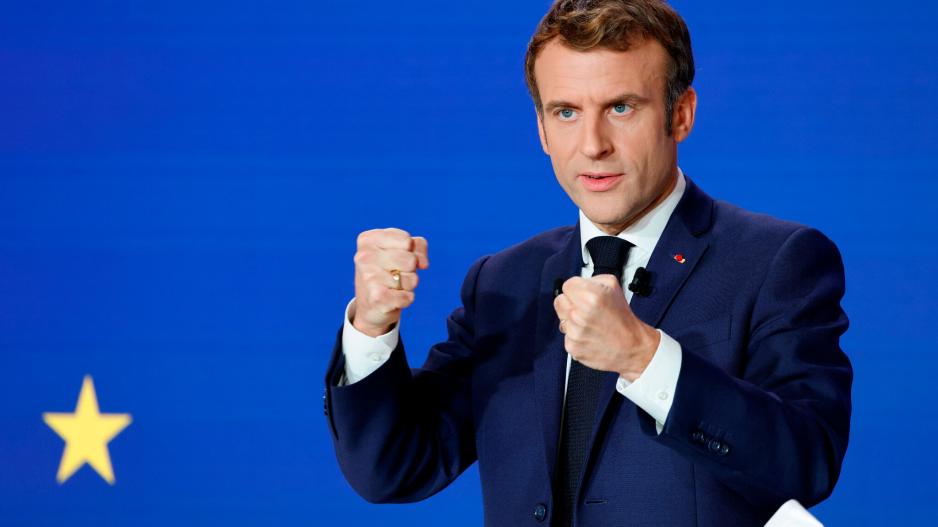
President Macron echoed these concerns, directly criticizing the policies of former U.S. President Donald Trump—including cuts to scientific programs and visa restrictions related to diversity-focused research. “Without scientific freedom, we lose the heart of Western liberal democracies,” Macron stated.
In support of the EU-wide initiative, Macron pledged an additional €100 million from the France 2030 investment program to attract foreign researchers—especially from the United States. He warned that the erosion of U.S.-led scientific infrastructure, such as epidemiological and climate data repositories, risks making such platforms inaccessible or obsolete.
Macron called on Europe to invest heavily in ten major research areas of the century: health, quantum technologies, AI, aging, space, circular economy, nuclear energy, disinformation, and more.
Despite widespread praise for the initiative, some members of the French academic community voiced concern over underfunding and precarious working conditions in domestic institutions. Macron acknowledged the tension but did not directly respond to these criticisms during the summit.
